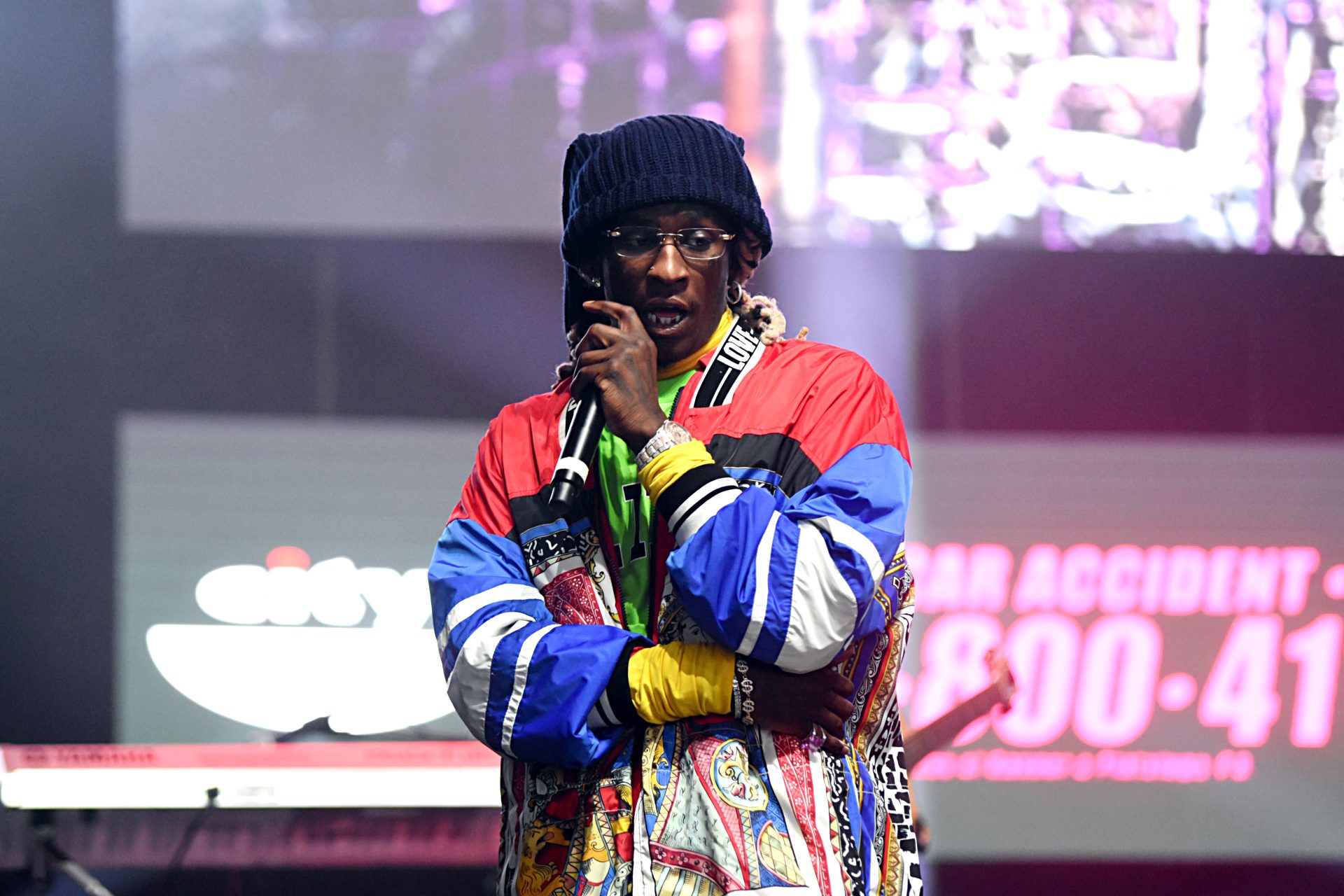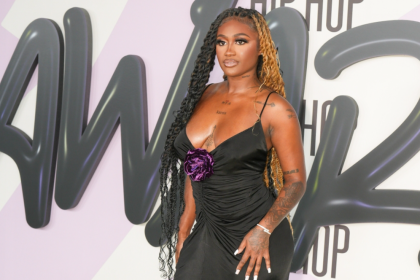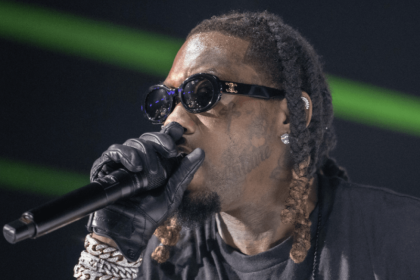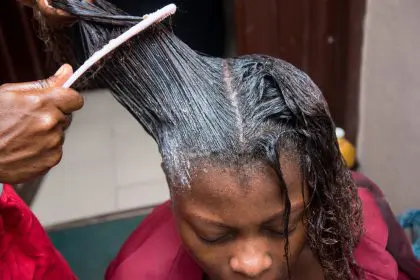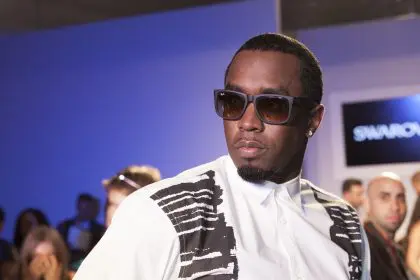Young Thug received a 15-year probation sentence following the YSL RICO trial, facing strict conditions including a decade-long restriction from Atlanta‘s metro area. Judge Whitaker issued a 40-year sentence with five years credited as time served. The rapper must complete 100 hours of community service annually and deliver four presentations yearly on gang and gun violence at schools or community centers.
Thug recently voiced frustration during a Facetime call with attorney Keith Adams, stating “Get me off the probation.” The livestreamed conversation revealed the rapper’s gratitude for fan support during his trial, noting “It kept me going.” The artist spent more than two years in jail before the sentencing.
His father Jeffery Williams Sr. criticized the geographic restrictions as “offensive,” particularly objecting to limitations placed on his Atlanta-born son by a non-resident district attorney. Williams has maintained his son’s innocence throughout the proceedings.
Legal experts note the unusual nature of the metropolitan area restriction, which only allows Thug to return for major family events like weddings and funerals during the first 10 years. Criminal justice advocates suggest the conditions reflect broader concerns about probation terms that may hinder rehabilitation. Industry observers question how the restrictions will affect his music career.
The sentence includes substantial fines alongside the probation requirements. Attorneys familiar with RICO cases note the severity of the conditions compared to similar prosecutions. Community leaders express concern about the impact of removing influential figures from their home communities.
Social justice organizations monitor the case’s implications for future prosecutions of artists. The rapper’s legal team continues reviewing options while ensuring compliance with current terms. Music industry analysts anticipate how these restrictions might influence his artistic output.
Thug’s case highlights ongoing debates about the effectiveness of lengthy probation terms. Defense attorneys argue such restrictions can impede successful reintegration into society. The conditions particularly impact musicians whose careers often depend on community connections and local performance opportunities.
The rapper’s supporters maintain regular contact through social media, organizing virtual events to demonstrate continued backing. Industry veterans note similar cases where artists successfully navigated probation while maintaining their careers. Legal scholars suggest the case could influence future plea agreements in high-profile criminal cases.

